Product Description
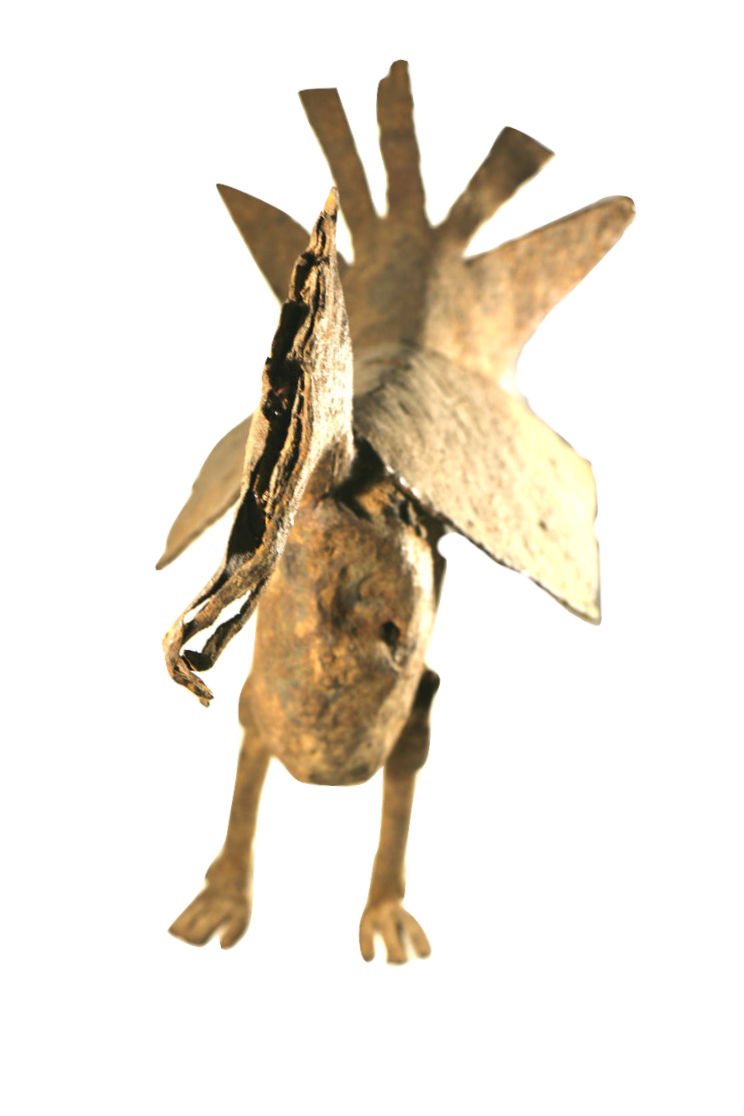
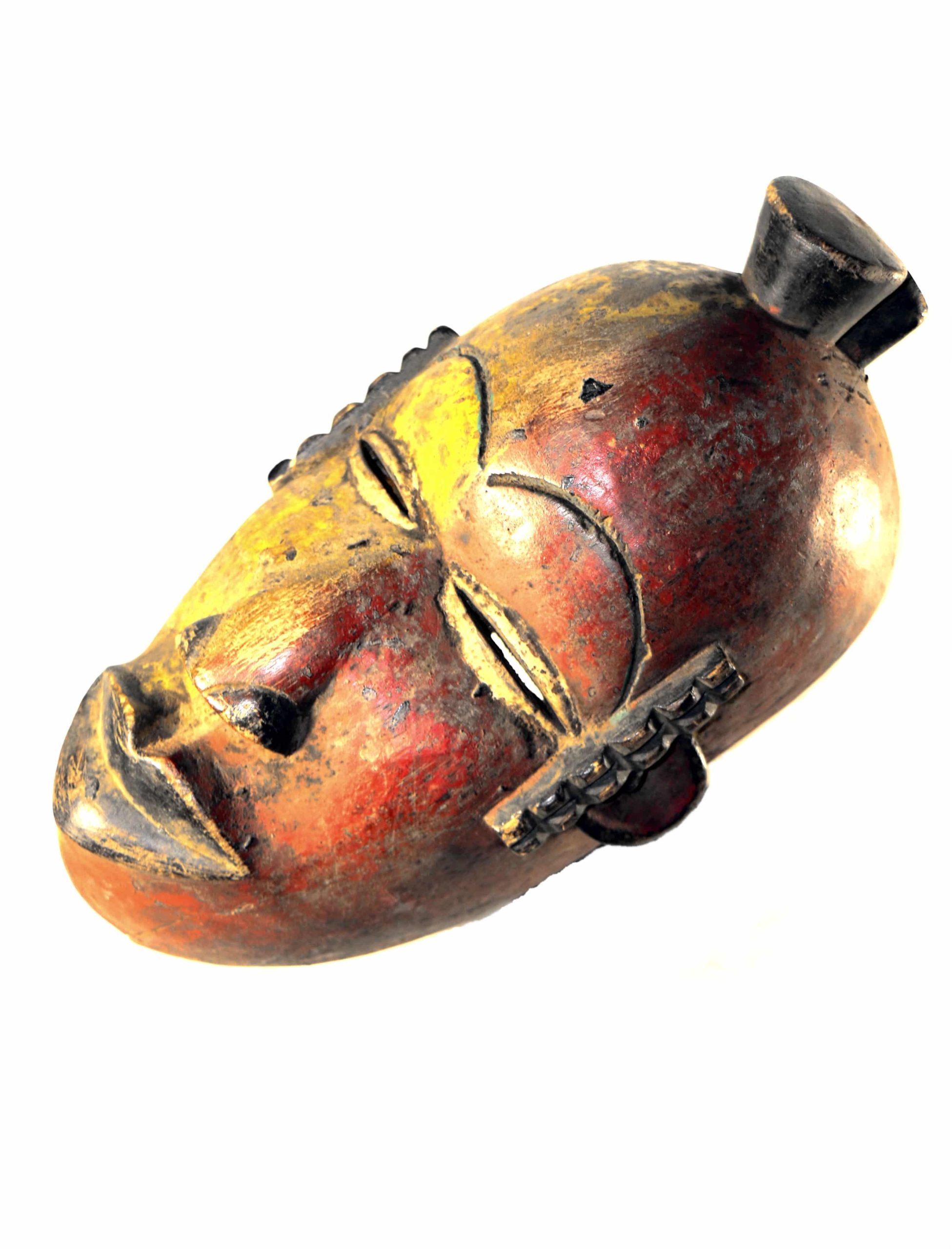
Dogon Figural Staffs – Mali
These finely carved iron objects could have been carried by a ‘ritual thief’ for the complex funerary rituals so well known among the Dogon. It may have also been used by the blacksmith as an indication of his status among the Dogon. It originates from the Dogon who live at the base of the Bandiagara escarpment near the Niger River in Mali.
Made of 100% Brass, Iron Alloy
Model is W 33 – H 5 and weight 0.1 kg.
Description
These finely carved iron objects could have been carried by a ‘ritual thief’ who was responsible for stealing (acquiring) the various animals needed for the complex funerary rituals so well known among the Dogon. It may have also been used by the blacksmith as an indication of his status among the Dogon. It originates from the Dogon who live at the base of the Bandiagara escarpment near the Niger River in Mali. Command staffs or sceptres always were insignias of African kings. In certain cases, they might also have played a role of phallic symbols, referring to notions of might and fecundity, in association with the royalty.
The Yoruba of West Africa (Benin, Nigeria and Togo, with migrant communities in parts of Ghana, and Sierra Leone) are responsible for one of the finest artistic traditions in Africa, a tradition that remains vital and influential today. The arts of the Yoruba are as numerous as their deities, and many objects are placed on shrines to honor the gods and the ancestors.
Much of the art of the Yoruba, including staffs, court dress, and beadwork for crowns, is associated with the royal courts. Yoruban blacksmiths create sculpture from iron, through hand-beating, welding, and casting, with Ogun being honored as the god of iron. Metalworkers also create brass sculptures by lost-wax casting. Brass is seen as being incorruptible by the Ogboni Society. Beautiful sculpture abounds in wood and brass and the occasional terracotta. The custom of art and artists among the Yoruba is deeply rooted in the Ifá literary corpus, indicating the orishas Ogun, Obatala, Oshun and Obalufon as central to creation mythology including artistry (i.e. the art of humanity).
Yoruba people, also known as Àwon omo Yorùbá, literally: Children of Yoruba are an ethnic group of Southwestern and North Central Nigeria as well as Southern and Central Benin, together known as Yorubaland. The Yoruba constitute over 40 million people in total. The majority of this population is from Nigeria and make up 21% of its population, making them one of the largest ethnic groups in Africa
Additional information
| Weight | 0.1 kg |
|---|---|
| Dimensions | 33 × 5 cm |
| Material | Bronze, Wood, Ceramic, Terracotta, Woven rattan, Leather |
Leave a reply Cancel reply
Returns and Exchanges
There are a few important things to keep in mind when returning a product you purchased.You can return unwanted items by post within 7 working days of receipt of your goods.
- You have 14 calendar days to return an item from the date you received it.
- Only items that have been purchased directly from Us.
- Please ensure that the item you are returning is repackaged with all elements.
Ship your item back to Us
Firstly Print and return this Returns Form to:
30 South Park Avenue, San Francisco, CA 94108, USA
Please remember to ensure that the item you are returning is repackaged with all elements.
For more information, view our full Returns and Exchanges information.

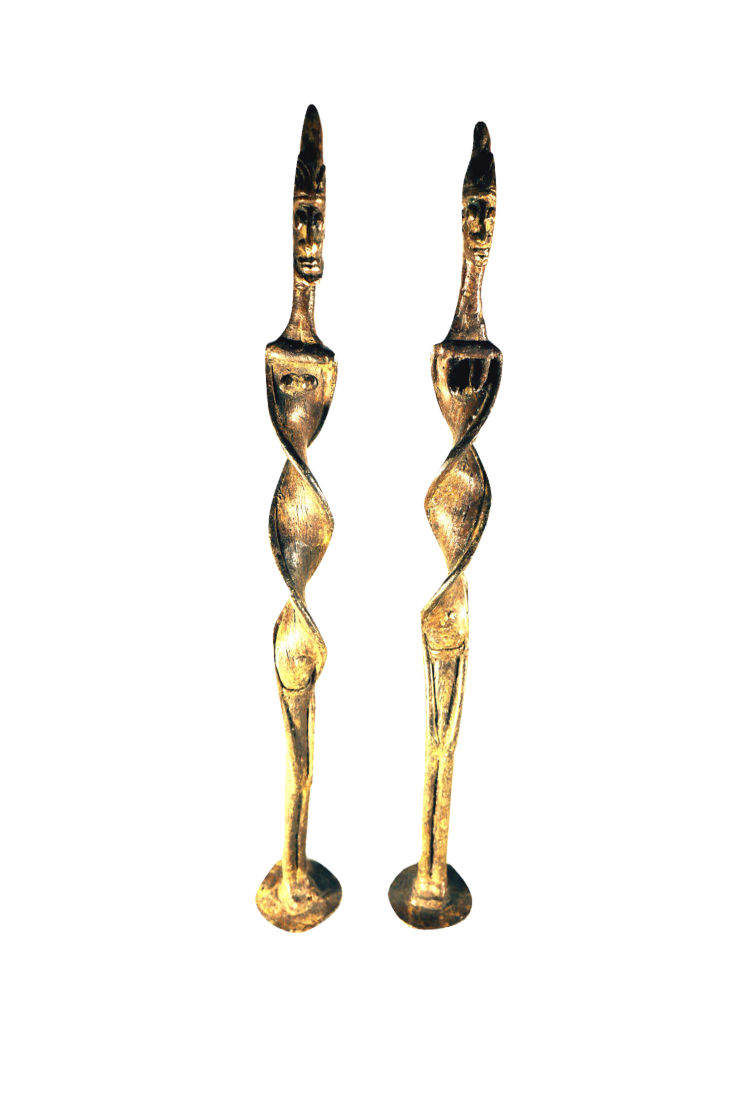
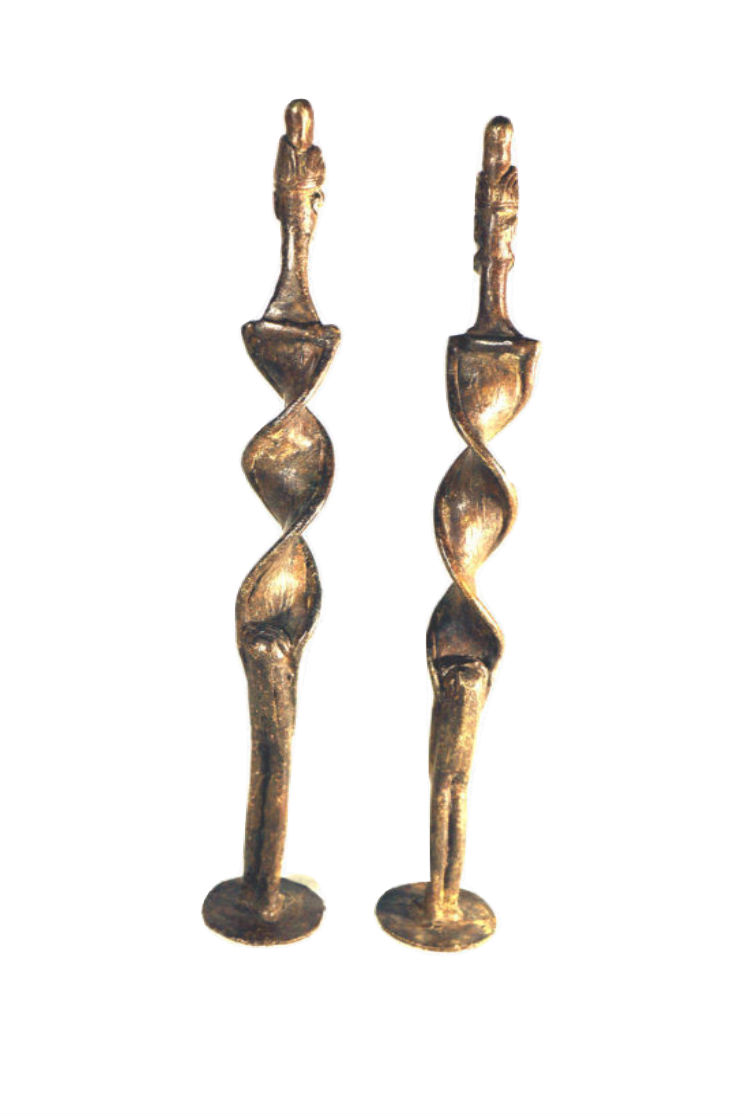
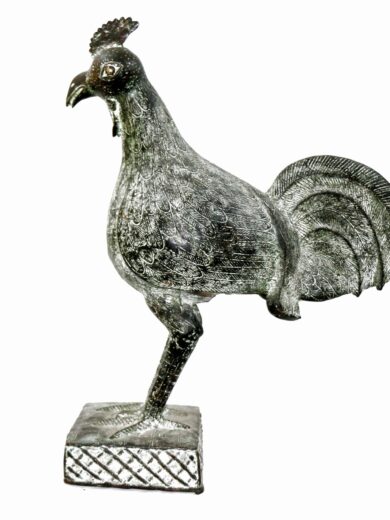
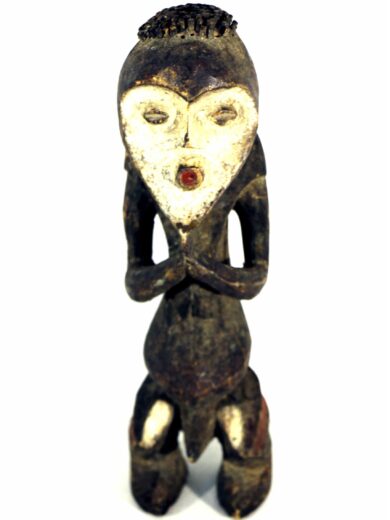
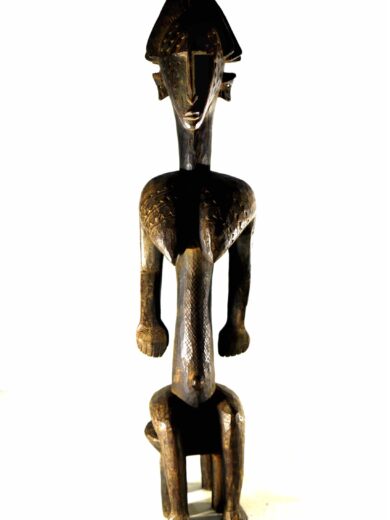
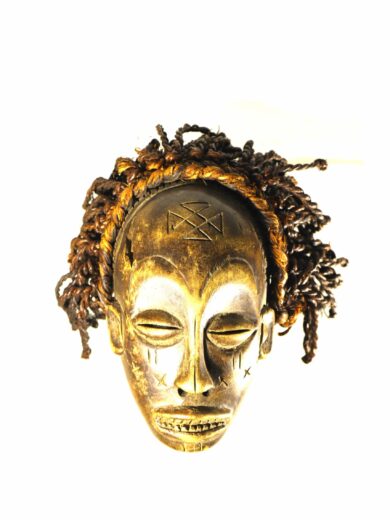
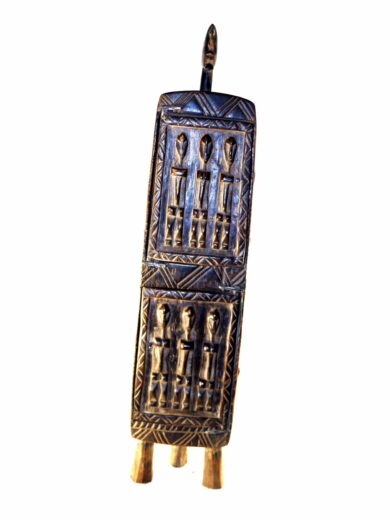
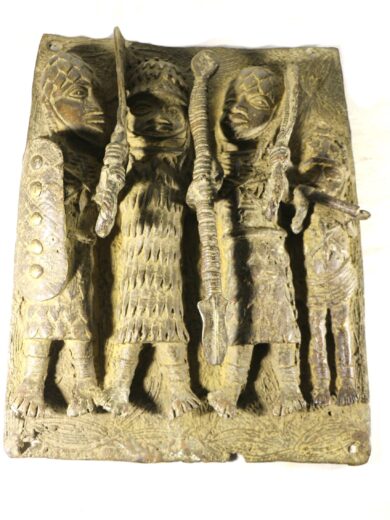
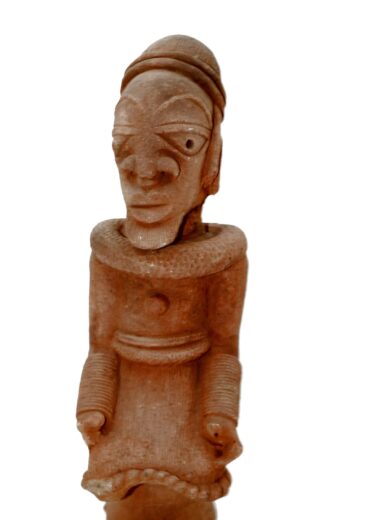
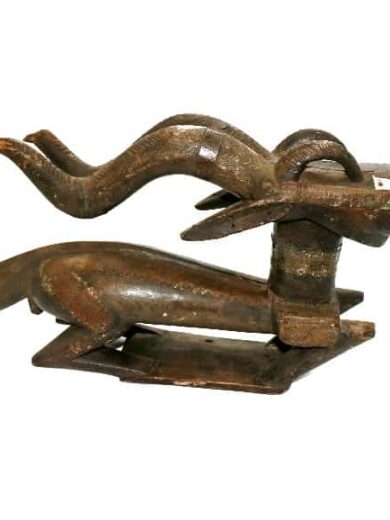
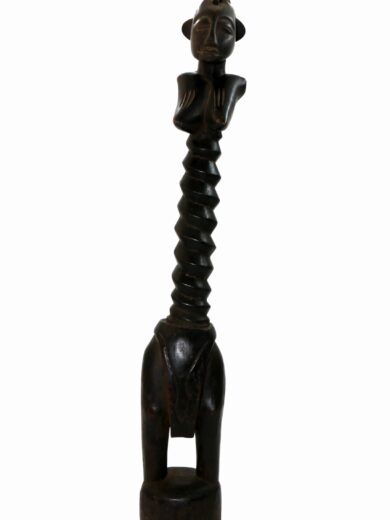
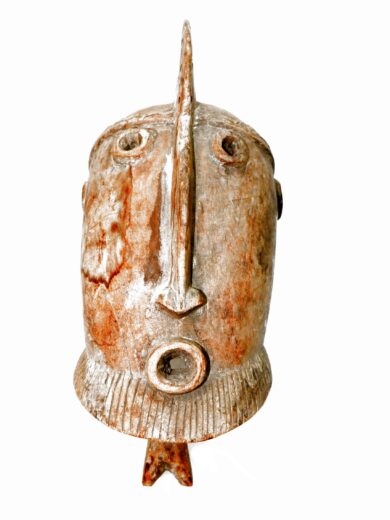
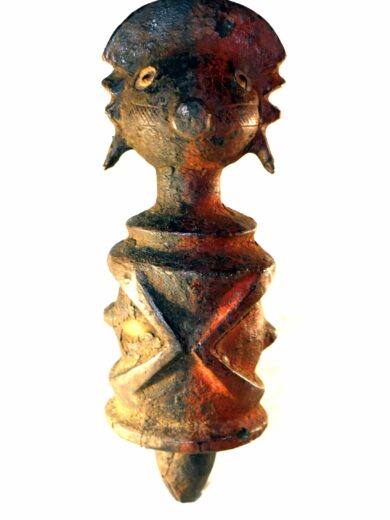
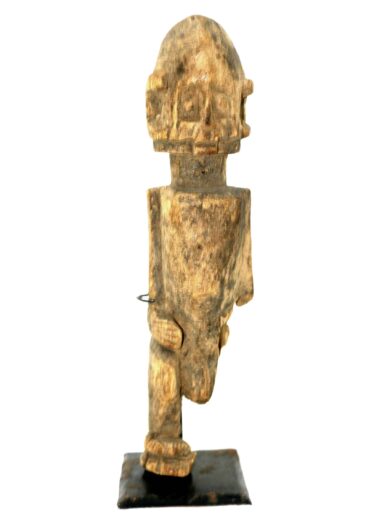
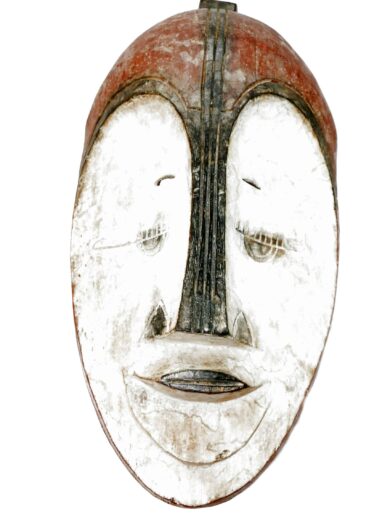
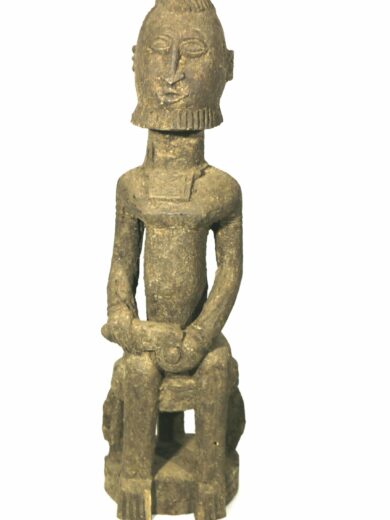
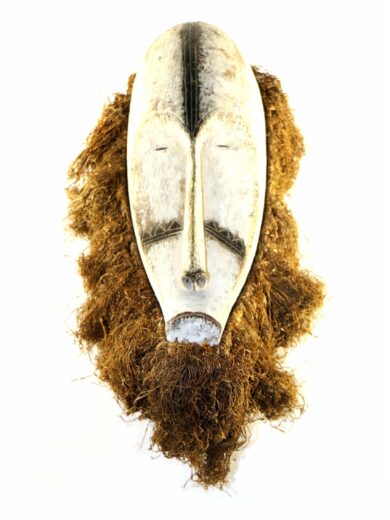
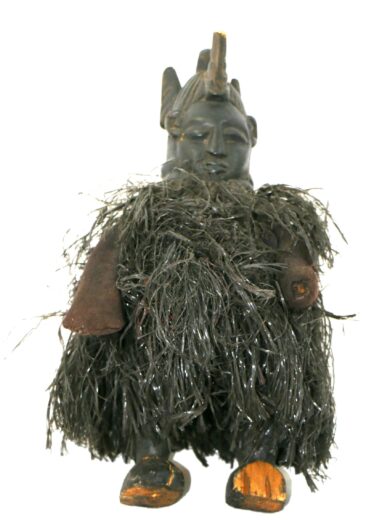
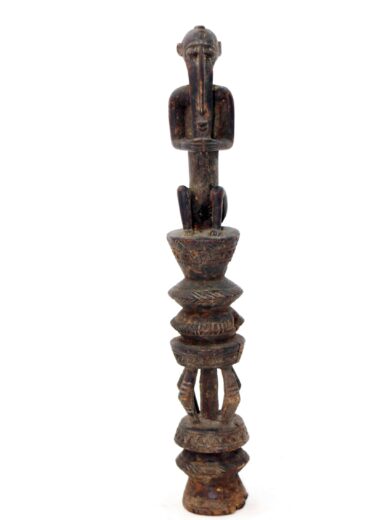
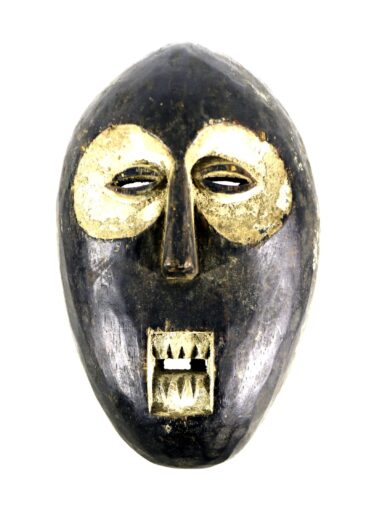
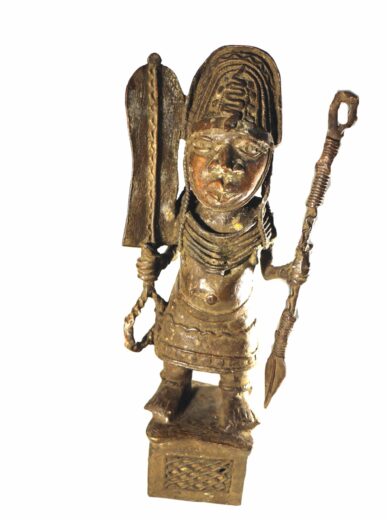
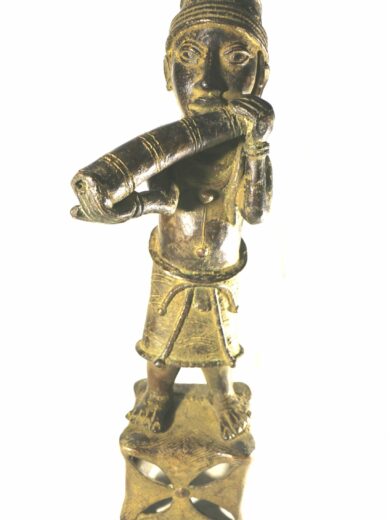
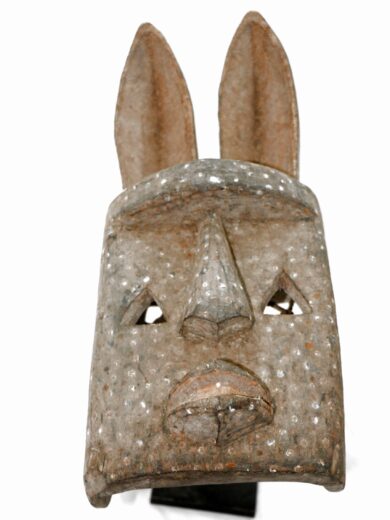
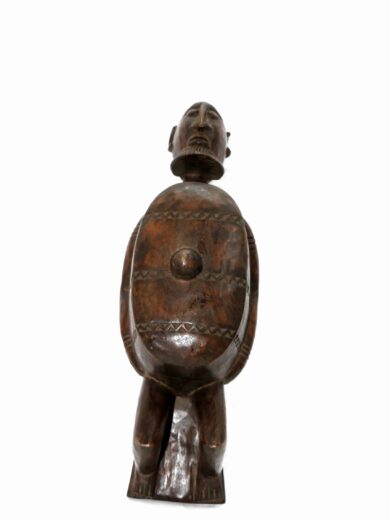
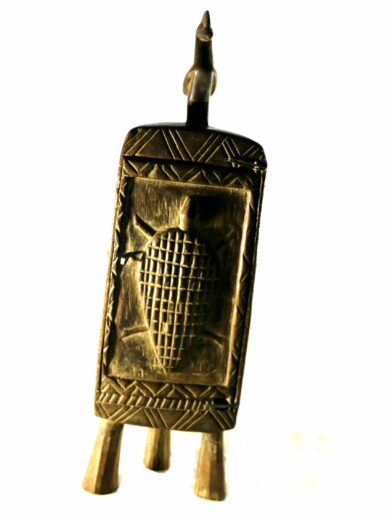
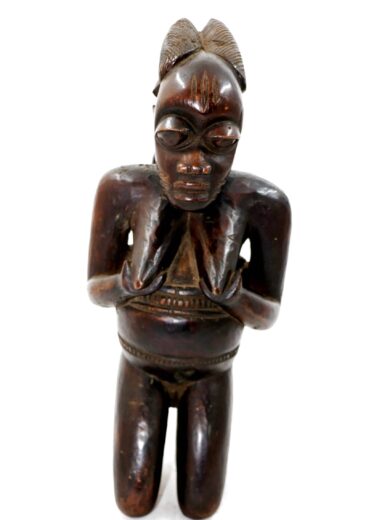
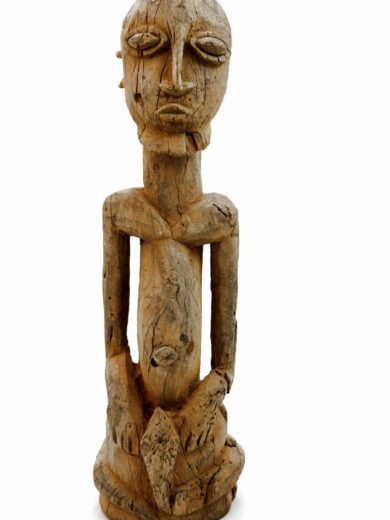
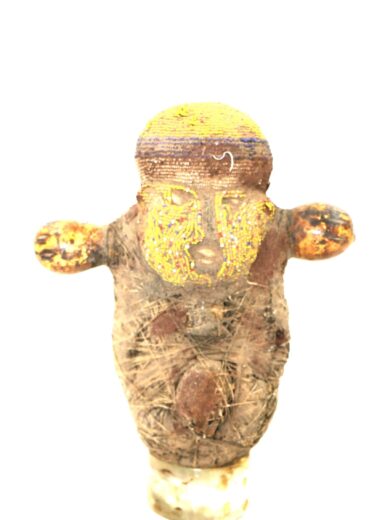
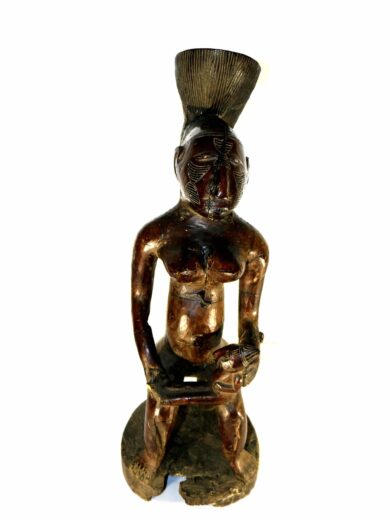
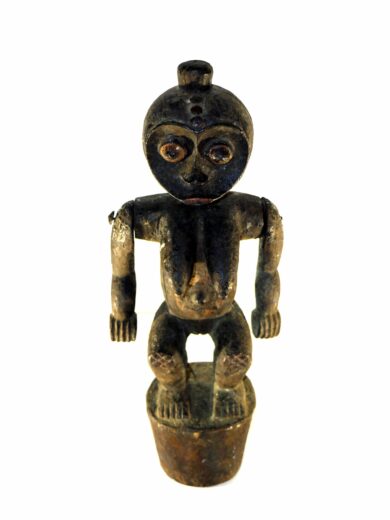
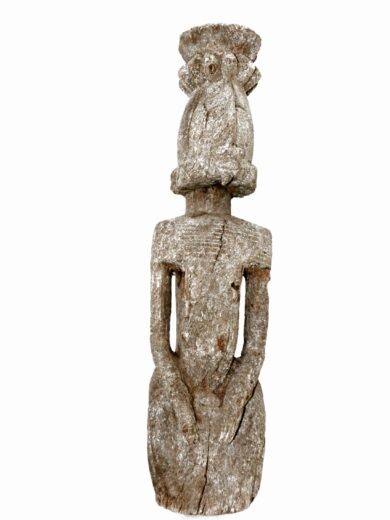
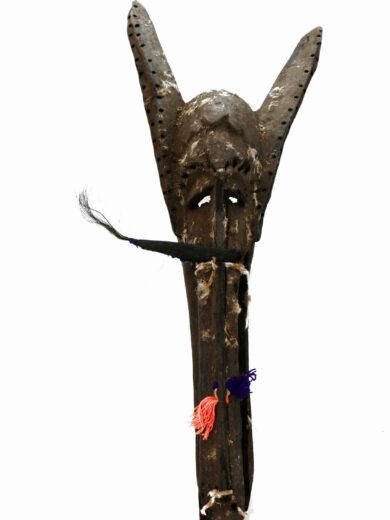
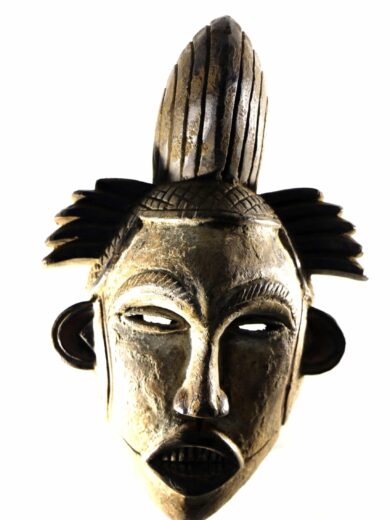
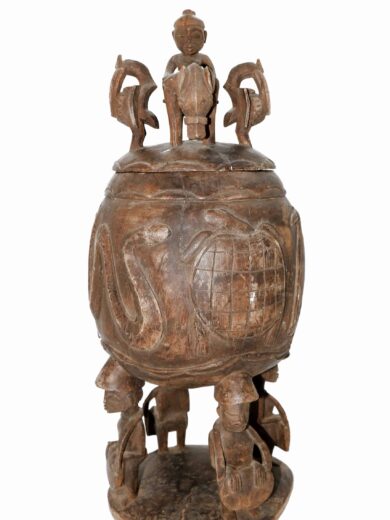
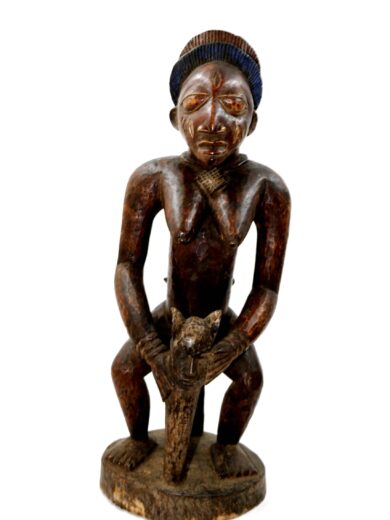
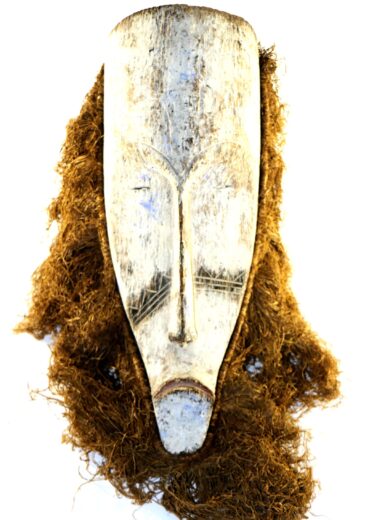
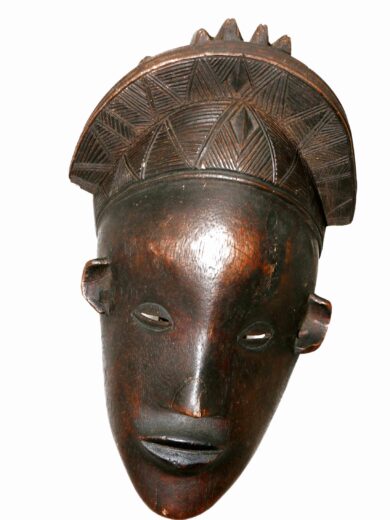
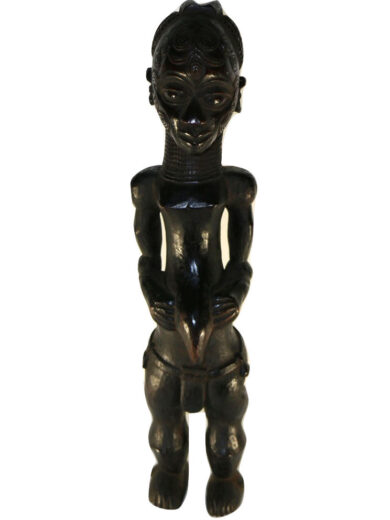
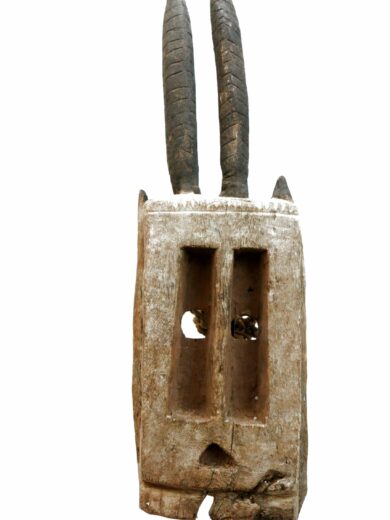
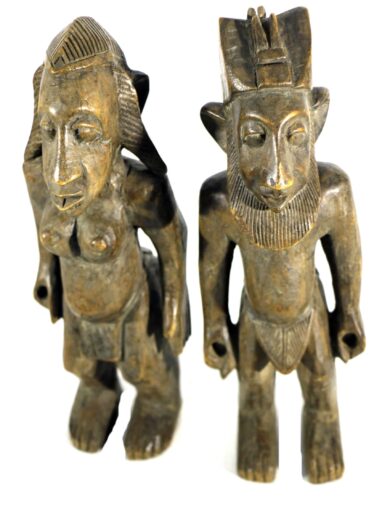
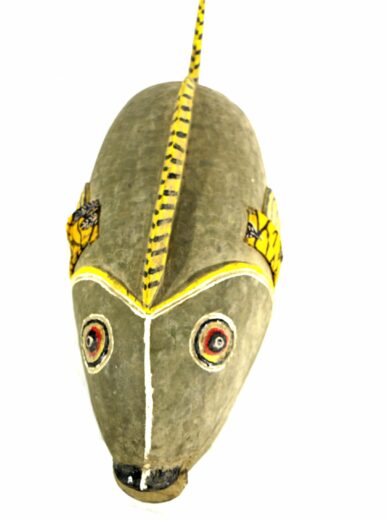
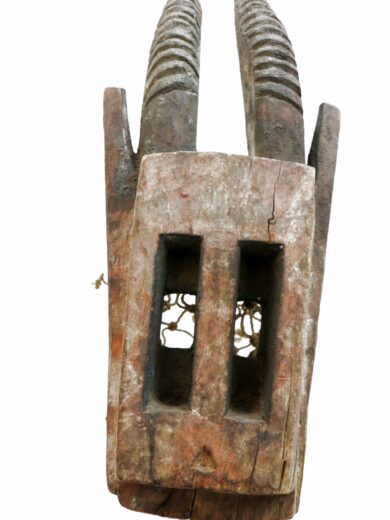
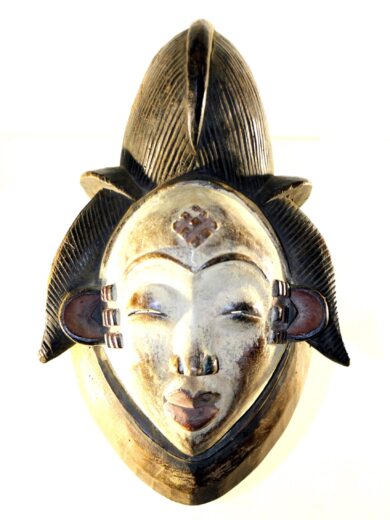
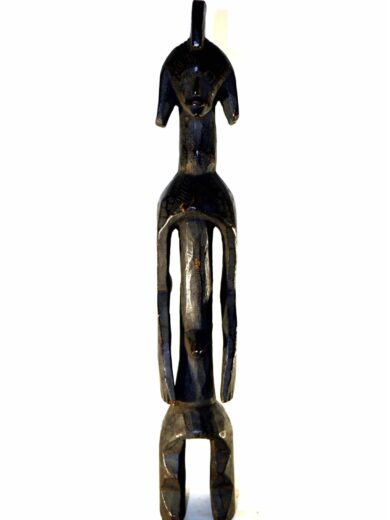
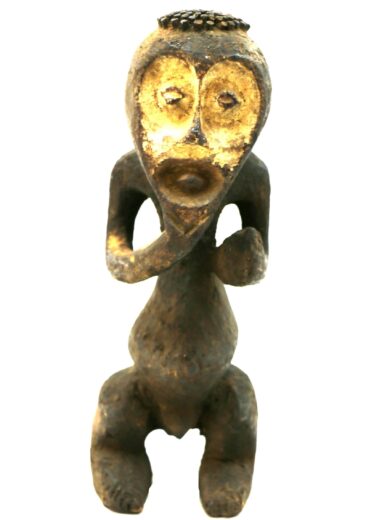
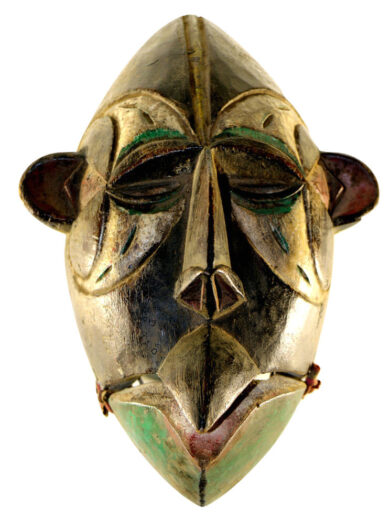
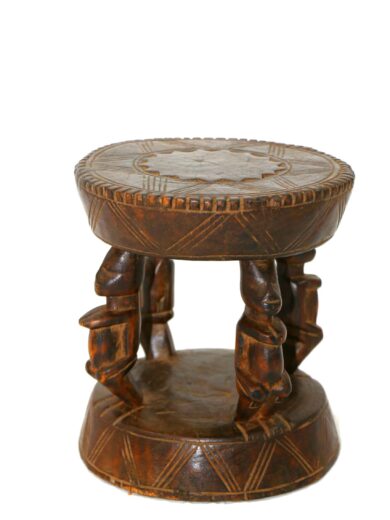
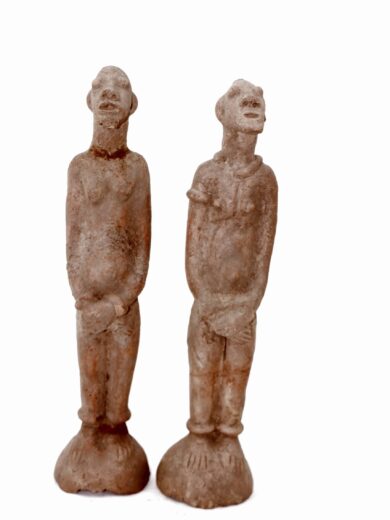
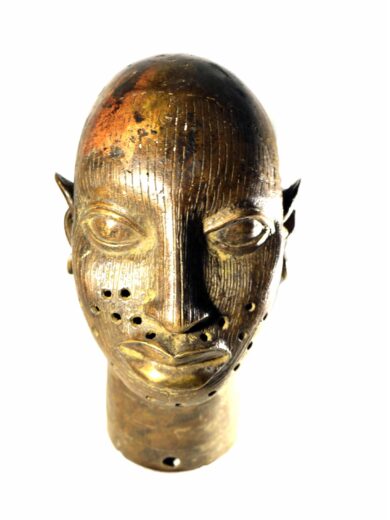
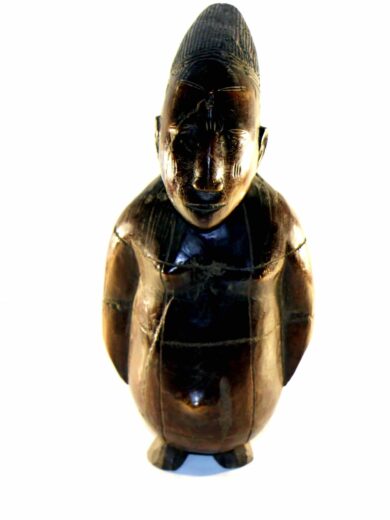
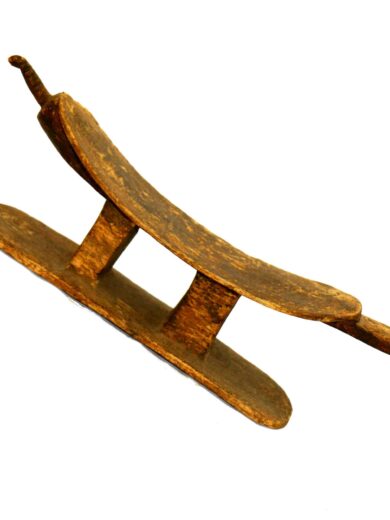
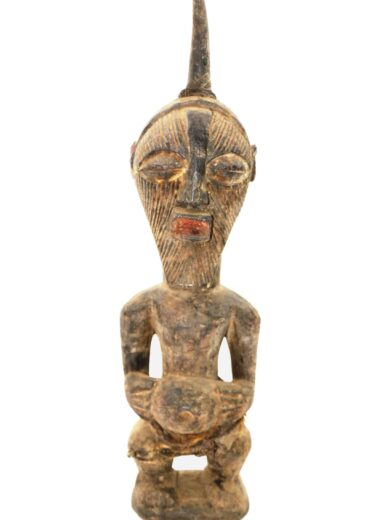

Reviews
There are no reviews yet.